





 Technical Credentials: Full MTC traceability with 3rd-party test data ensures transparent parameters for lower risk assessment costs.
Technical Credentials: Full MTC traceability with 3rd-party test data ensures transparent parameters for lower risk assessment costs.
 Corrosion Protection: 250μm multi-layer coating (salt/humidity/chemical-proof)
Corrosion Protection: 250μm multi-layer coating (salt/humidity/chemical-proof)
 Anti-failure Design: Pinless stem-disc coupling → no cryogenic deformation failure
Anti-failure Design: Pinless stem-disc coupling → no cryogenic deformation failure
Design and Manufacture: API 609 Category B / EN 593 / ASME B16.34
Leakage Class: Standard: Zero Leakage (Bi-directional) per API 598 / ISO 5208 Rate A ; Optional: FCI 70-2 Class V / VI
Side Flange Standards: ASME B16.5 / B16.47 (Class 150 – 2500); EN 1092-1 (PN10 – PN400); Others: JIS B2220, AS 2129, GOST, HG/T available upon request.

Top Flange (Actuator Mounting) : ISO 5211; GB 90°

Face-to-Face Dimension: API 609 / ISO 5752 / EN 558 Series / ASME B16.10

Testing & Inspection: API 598 / ISO 5208 / EN 12266-1

Certifications: ISO 9001, CE/PED, API 609 (Monogram), EAC, SIL 3

Technical description
Download
Q&A
Specification of the Valve |
|
|---|---|
| Type of Connection | Flanged Ends (ASME B16.5 / ASME B16.47 / EN 1092) |
| Actuation |
Bare Stem: With mounting flange per ISO 5211 |
| Size |
NPS 2" – 112" (DN50 – DN2800+) |
| Pressure |
ASME Class 150 – 2500 (PN16 – PN400) |
| Testing Pressure | Per API 598 / ISO 5208 |
| Medium | Water, Oil, Gas, Steam, Chemicals, Slurries, etc. |
| Medium temperature |
-196°C to +800°C (Depending on material selection) |
| Painting | Epoxy Resin (DFT: 200μm – 250μm) or Customized |
Material of the Valve |
|
|---|---|
| Body |
Carbon Steel: ASTM A216 WCB, ASTM A352 LCB/LCC (Low Temp), ASTM A217 Grade WC6 / WC9 (High Temp) Note: Other materials like Stainless Steel, Duplex & Super Duplex SS, and Nickel Alloys are also available. |
| Disc | Austenitic SS: ASTM A351 CF8, CF8M, CF3, CF3M Duplex & Super Duplex: ASTM A995 4A (CD3MN), 5A (CE3MN) Super Austenitic: ASTM A351 CK3MCuN (1.4529) Nickel Alloys: ASTM A494 CW6MC (Hastelloy C276), M35-1 (Monel 400) Al-Bronze: ASTM B148 C95400, C95800 |
| Stem | High Strength SS: 17-4PH (ASTM A564 Gr.630), XM-19 Martensitic SS: ASTM A276 410, 420, F6a Austenitic SS: SS304, SS316, SS316L, F304, F316 Duplex: F51 (2205), F55 (2507) Nickel Alloys: Monel K500, Inconel 625/718, Hastelloy C276 |
| Body Seat | Hardfaced Overlay: Stellite® 6 / Stellite® 21 or Tungsten Carbide overlay on body integral seat (Standard for High Performance). Note: Integral machined seat available for specific low-pressure applications. |
| Disc Seal Ring | Laminated Type: SS316 + Graphite / Duplex + Graphite / Inconel + Graphite (Zero Leakage / Fire Safe) Solid Metal Type: Homogeneous metal ring for extreme temperature or abrasive service. |
The following are the representative application industries of this valve. Since butterfly valves can be applied to almost all industries (as long as the temperature and pressure are in line), many industries have not been listed.
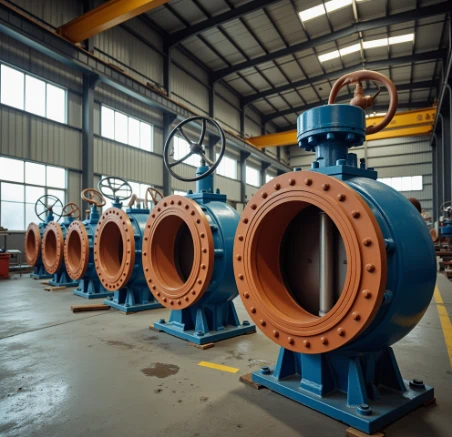
Designed for non-strongly corrosive substances (or lined/specially treated applications) requiring high temperature, wear/fire resistance, and zero leakage, Our high pressure butterfly valve provide emergency shut-off, on-off control, and limited regulation for media like steam, oil, hydrocarbons, gas, dust, and water.
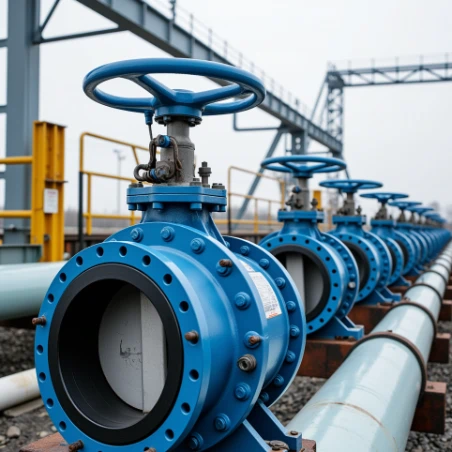
JRVAL’s metal to metal seated butterfly valves meet ASTM standards for WCB material properties, with EN 10204 3.1 certification. For power plant water, optional internal/external FBE epoxy coatings (250μm+, spark tested) enhance corrosion resistance.
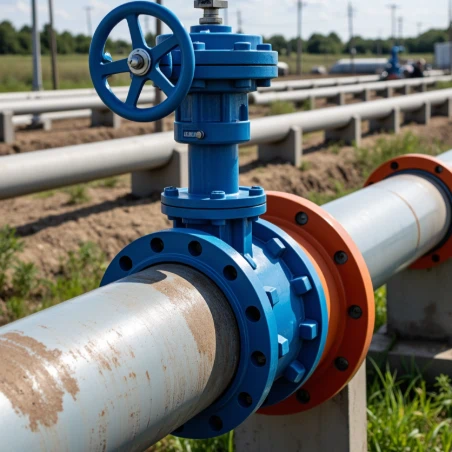
Our triple eccentric flange valves, with their low friction, low torque, and long life, are ideal for large diameters. The hard seal (or composite elastic seal) ensures long-term zero leakage, reducing water waste. Bidirectional sealing and protective coatings for drinking water safety align with expectations for an awwa butterfly valve in such applications.
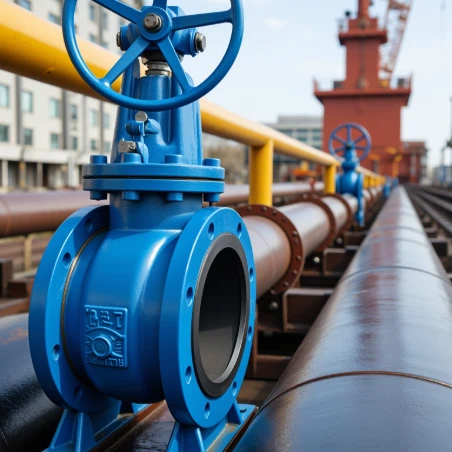
Designed for shipboard vibration with effective stem bearings and packing, this api 609 butterfly valve is up to 50% lighter and 60% shorter than comparable gate valves, optimizing ship layout and center of gravity.
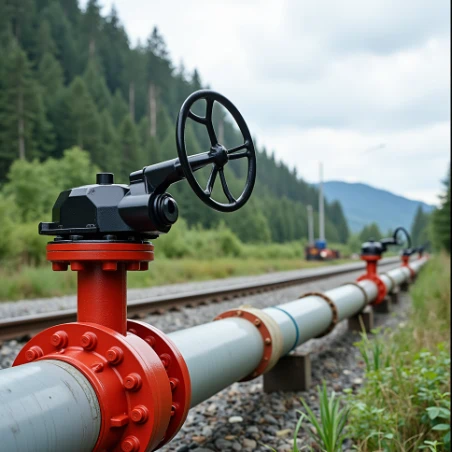
The JRVAL flange triple eccentric butterfly valve ensures bidirectional bubble-tight shut-off, preventing pollutant leakage. It offers 50-70% lower seal wear than centerline valves in wastewater with particles. Anti-static designs and ATEX actuators are available for flammable media like biogas.
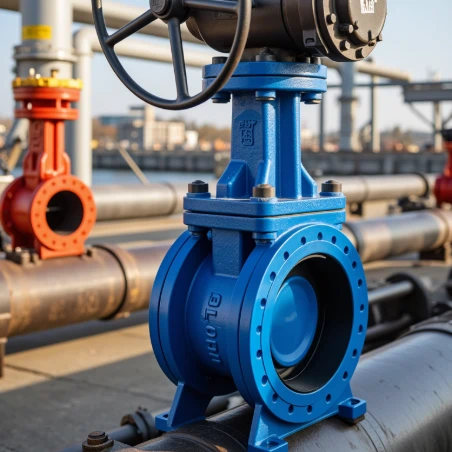
JRVAL’s carbon steel triple offset butterfly valves use food-grade materials, meeting sanitary butterfly valve standards. Discs/stems (typically SS316L, with carbon steel body) feature Ra≤0.8μm mirror polish; seals are food-grade PTFE/RPTFE/EPDM/NBR per application.
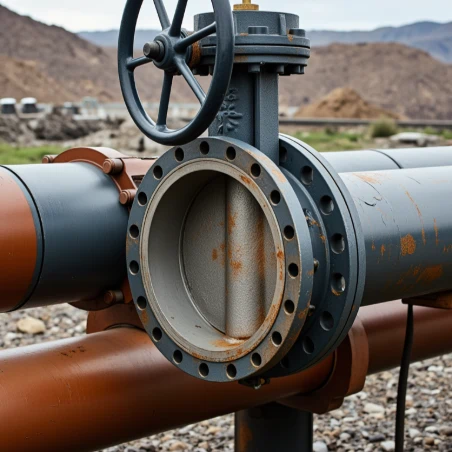
JRVAL’s carbon steel triple eccentric hard seal butterfly valve excels with its ultra-hard sealing. Optional laser-cladded or plasma-sprayed Tungsten Carbide (WC-CoCr) on seat/disc faces (HV1200-1400, HRC 70+) makes it extremely wear-resistant for abrasive media.
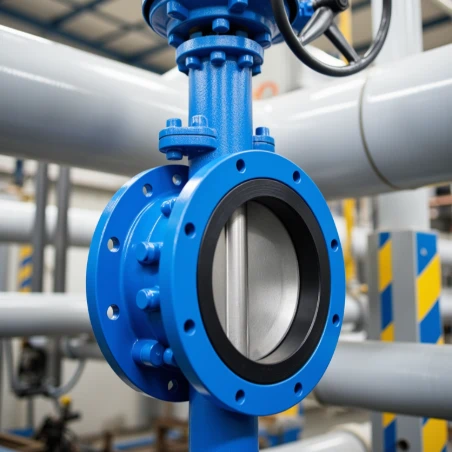
Our double flanged triple offset butterfly valves feature heavy-duty anti-corrosion coatings (e.g., epoxy zinc-rich primer, epoxy MIO, chlorinated rubber; 200-250μm DFT) for humid cold storage. For -20°C to -29°C, materials like ASTM A350 LF2 or A216 WCC (impact tested, heat-treated) ensure low-temp toughness, meeting cryogenic butterfly valve performance needs.
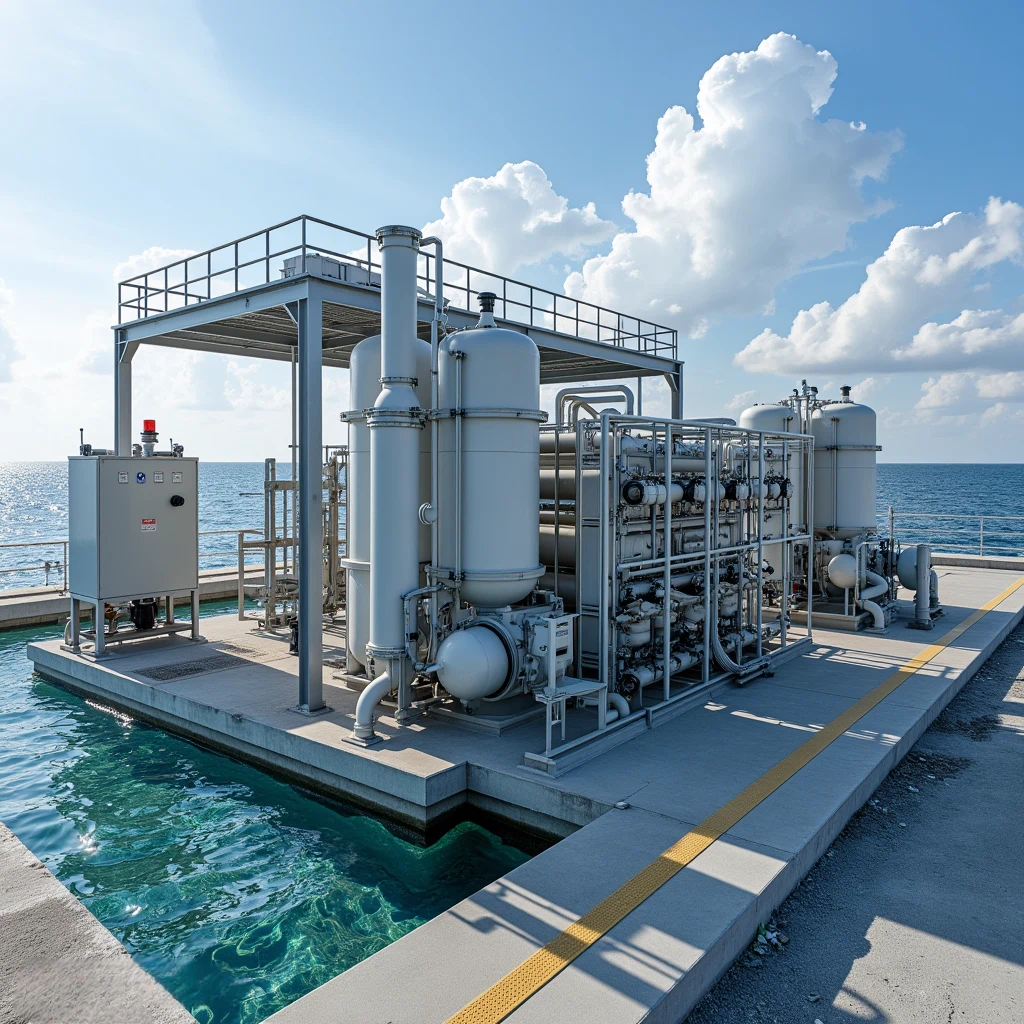
JRVAL’s double flanged triple offset butterfly valve feature Sa2.5 sandblasted bodies with a 3-layer marine-grade coating (epoxy zinc-rich primer, epoxy MIO, polyurethane topcoat; 250-350μm DFT). It passes 1000hr salt spray tests (ASTM B117), resisting marine atmosphere and seawater splash.
For over 20 years, our reputation has been built on a foundation of deep material expertise and precision engineering. We control the entire process, from raw casting to final assembly, ensuring every valve meets our uncompromising standards.
We guarantee material integrity by using PMI testing to verify alloys, ensuring every valve casting strictly adheres to ASTM/EN standards for optimal performance and longevity.
Our state-of-the-art CNC centers ensure every component is machined to exact specifications. This precision is critical for the perfect fit and flawless operation of the valve assembly, guaranteeing reliability.
With two decades of field validation, our valve designs are not just theoretical; they are proven to be rational and reliable, delivering consistent, trustworthy performance in real-world conditions.
From extreme temperatures to high-vibration settings, our carbon steel valves are designed to perform reliably where others fail.
JRVAL strictly follows ASME B31.1, B31.3, and ASME B16.34 standards for the selection and design of high-temperature and high-pressure valve materials. We offer a full range of materials from WCB to WC9, C12A, F91, F92, etc., with all high-temperature materials backed by original mill test certificates and heat treatment reports. As one of triple offset butterfly valve manufacturers, JRVAL ensures reliable performance in extreme conditions.
Our ltcs valve features metal-to-metal or metal + flexible graphite composite sealing technology, maintaining elasticity even at cryogenic temperatures. This ensures stable sealing performance without leakage issues commonly caused by soft seal materials hardening or shrinking in cold environments.
The valve body comes standard with a 250μm epoxy coating, with optional SigmaShield high-performance coating that withstands salt spray tests for over 1000 hours; the disc and seat can be made from SS316L, duplex steel, or Hastelloy. JRVAL, as one of rubber lined butterfly valve manufacturers also offer customized lining solutions to enhance corrosion resistance.
Our triple offset metal seated butterfly valve features Stellite 6/21 overlay weld on sealing surfaces (thickness ≥2mm), with options for solid tungsten carbide or WC spraying; it also includes self-lubricating PTFE + stainless steel composite bearings with dust scraper design to significantly extend service life.
The triple eccentric butterfly valve design reduces operating torque by 20–30%, allowing for smaller, lighter, and more compact actuators. JRVAL also offers integrated actuator solutions, ideal for space-constrained installations.
The eccentric butterfly valve design of JRVAL’s headless stainless steel triple eccentric hard seal high-pressure flange butterfly valve ensures minimal friction during operation. The three eccentric structure allows the disc to nearly frictionlessly open/close while forming a rigid wedge contact with the multi-layer metal seat upon closure. This design resists displacement under vibration, maintaining airtight seals even in harsh conditions. Compared to soft seals, the hardened metal-to-metal sealing mechanism is less prone to deformation or damage from mechanical shocks.
We don't offer a one-size-fits-all solution. Our valves are specified with the right materials and coatings to conquer corrosion in your specific system.
Carbon steel butterfly valve offers cost-effectiveness and excellent mechanical strength, meeting common pressure requirements for water supply systems. For corrosion protection, especially in potable water applications, both inner and outer surfaces of the valve body are coated with epoxy resin powder (FBE) to a thickness of 250μm, complying with WRAS and NSF/ANSI 61 drinking water safety standards.
The triple offset butterfly valve features metal-to-metal or composite seals, effectively resisting wear from sand, stones, and solid particles in wastewater. Its triple eccentric design ensures rapid valve plate disengagement from the seat during opening and a “scraping” effect during closing, minimizing clogging risks.
JRVAL engineers recommend optimal material combinations for the components of metal to metal butterfly valve based on gas composition, temperature, pressure, particulate content, and corrosivity. For instance, in high-sulfur flue gas applications, the sealing surface can be upgraded with alloys exhibiting superior sulfur resistance. The valve body and shaft seal materials are also tailored to withstand extreme conditions, ensuring long-term reliability even in corrosive or abrasive environments.
The api 609 triple offset butterfly valve meets API 609 fire protection standards with a multi-layer stainless steel and high-purity flexible graphite composite seat seal, ensuring zero leakage at ambient temperatures and low leakage after fire exposure. Fire-resistant packing and a fire seal gland further protect against high-temperature seal failure.
The hvac butterfly valve from JRVAL optimizes valve plate design, achieving 5-10% higher Cv/Kv values than traditional butterfly valves, reducing system pressure loss and lowering pump energy consumption. Its operation torque is 15-25% lower than competitors, enabling the use of smaller electric actuators for further energy savings.
The metal seated butterfly valve achieves ISO 5208 Rate A or API 598 zero leakage (gas tested). For example, a DN200 valve under 1.0MPa methane gas has a leakage rate <1×10⁻³ Pa·m³/s. Low-leakage packing (e.g., TA-Luft-certified graphite) and valve stem seals meet ISO 15848-1 BH C03 standards.
Our advanced CNC machining centers are the heart of our operation, transforming raw castings into precision-engineered components for reliable, high-performance valves.
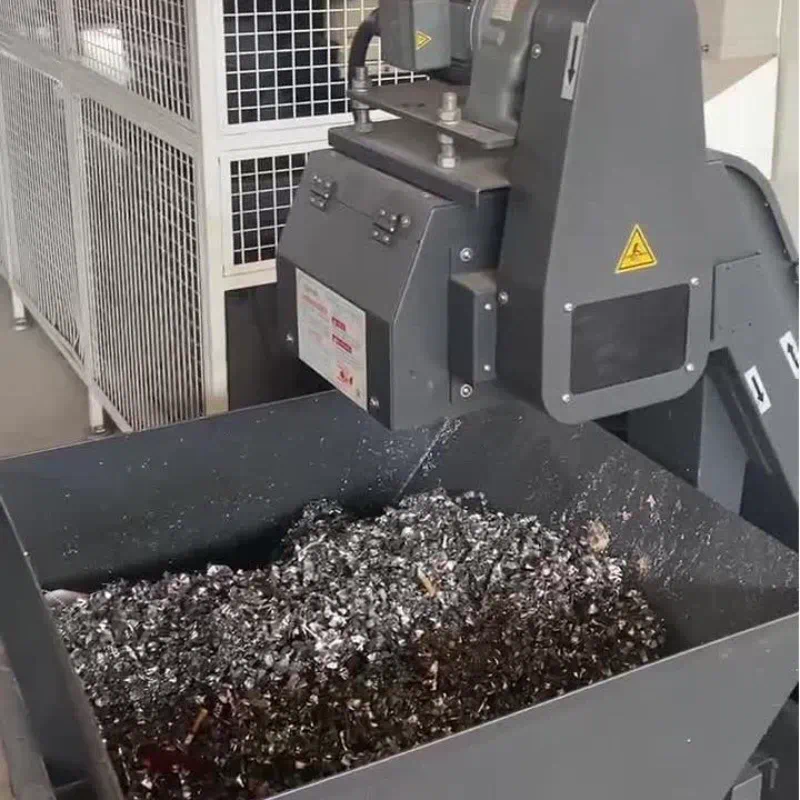
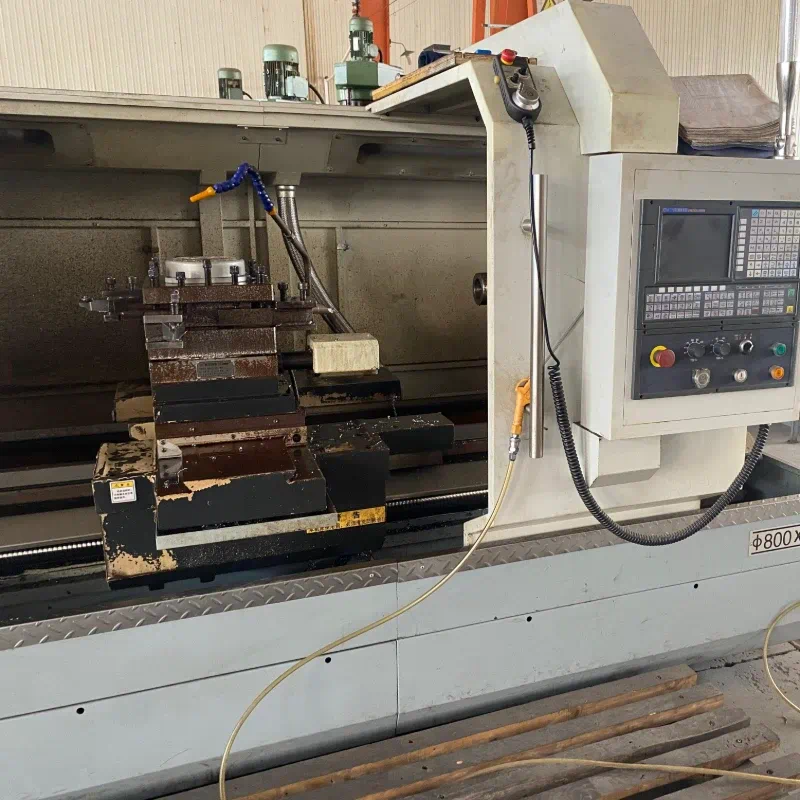
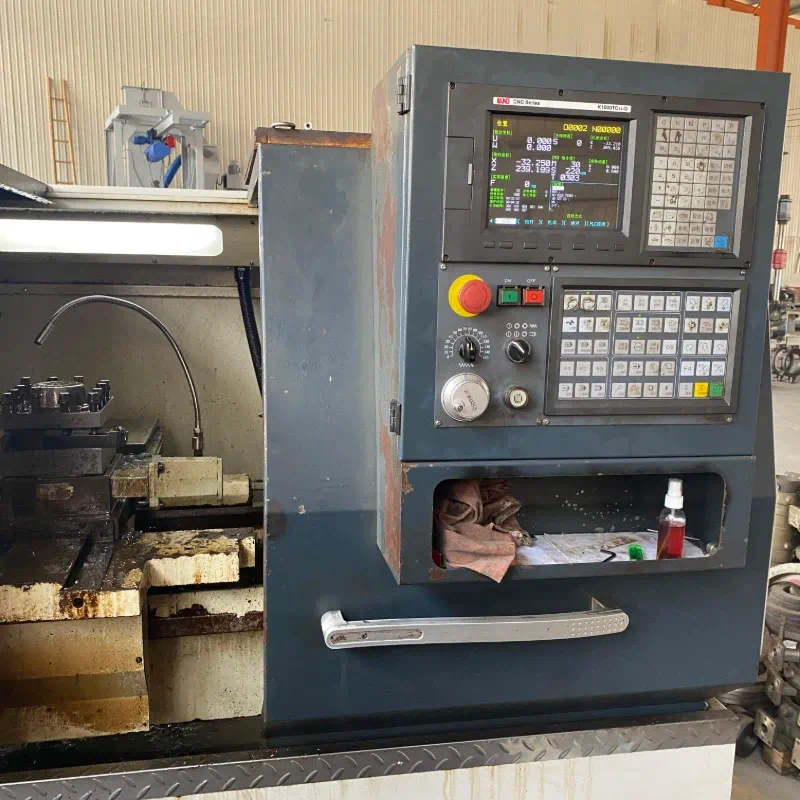
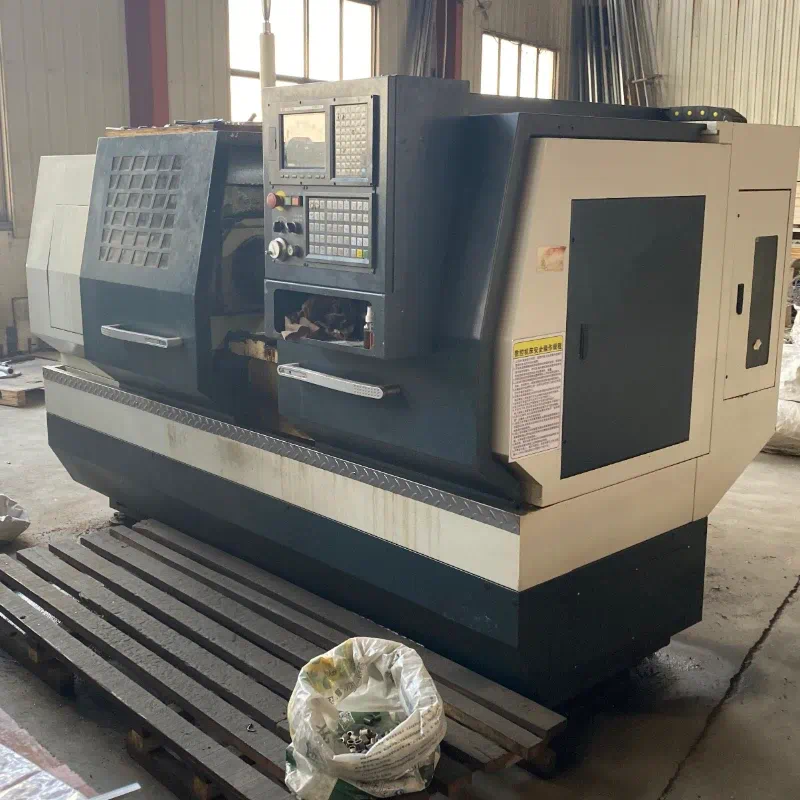
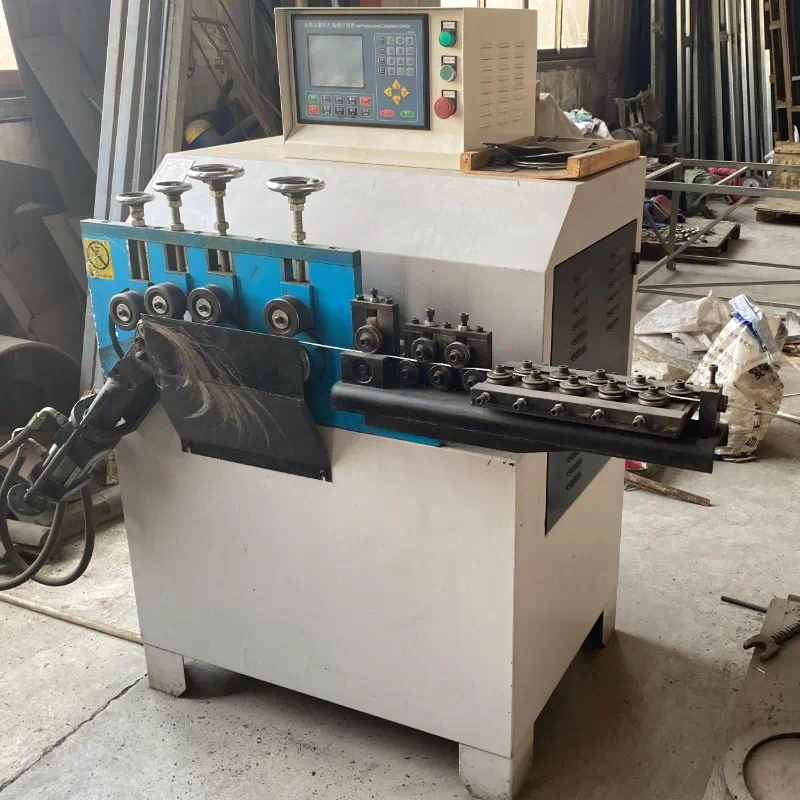
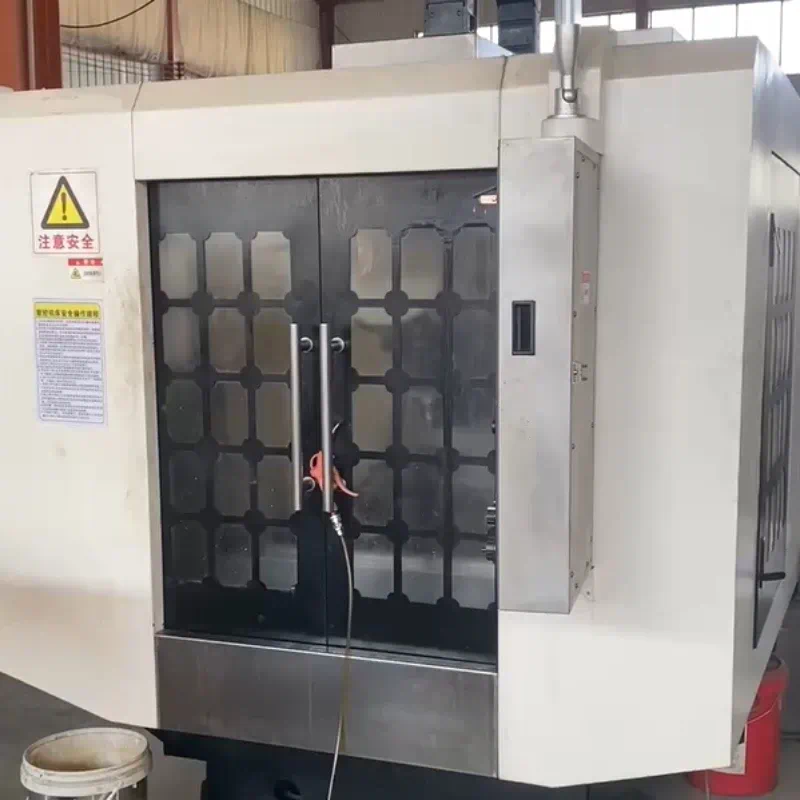
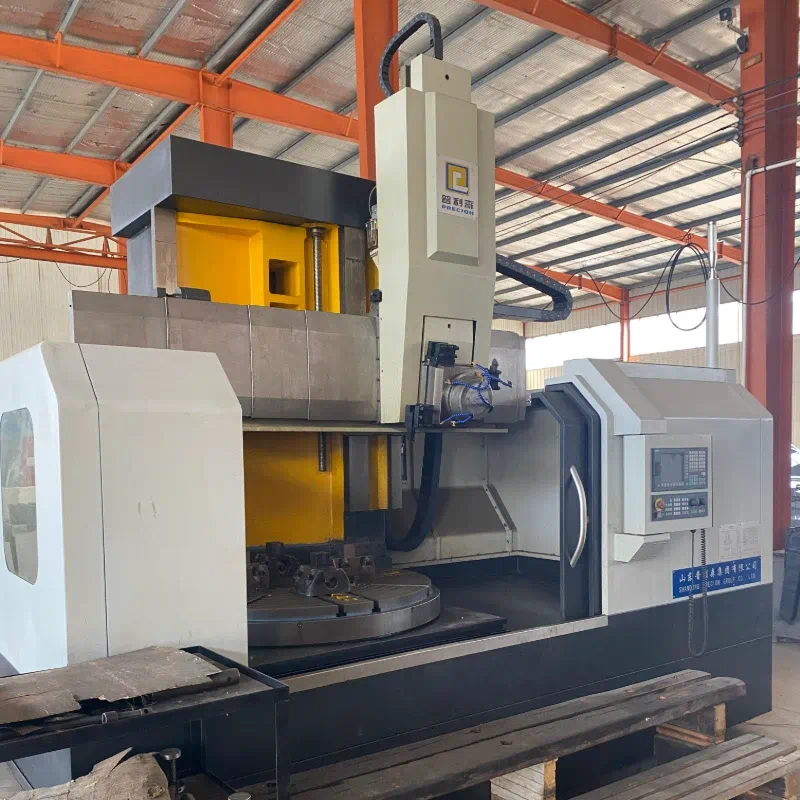
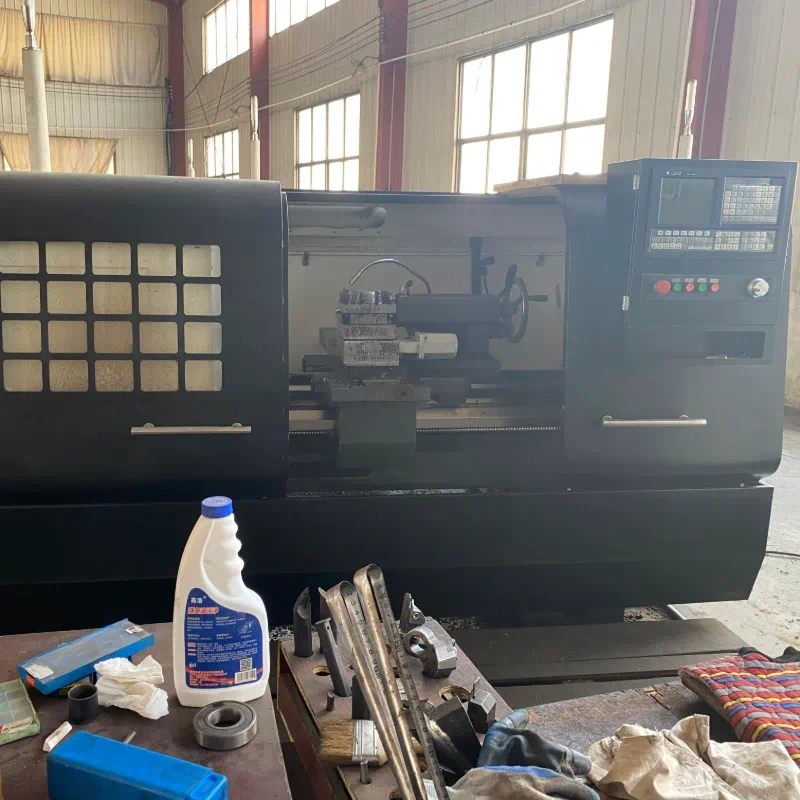
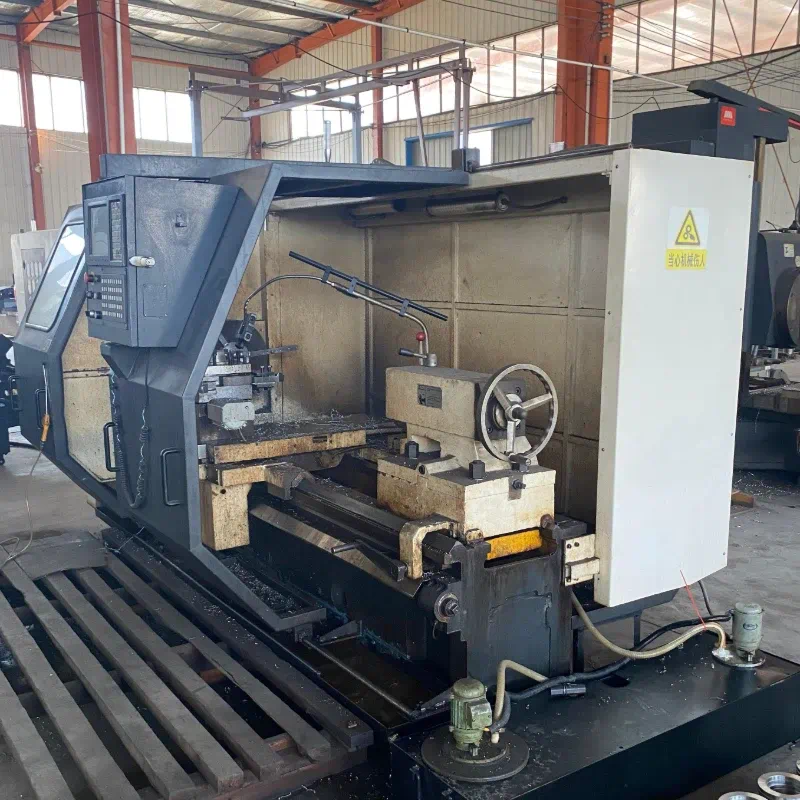
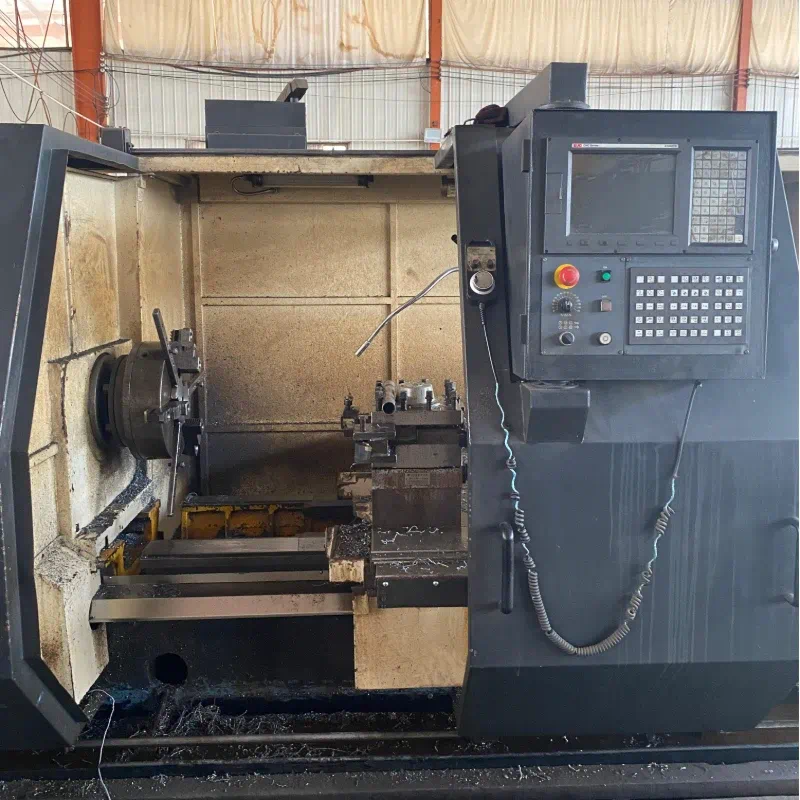
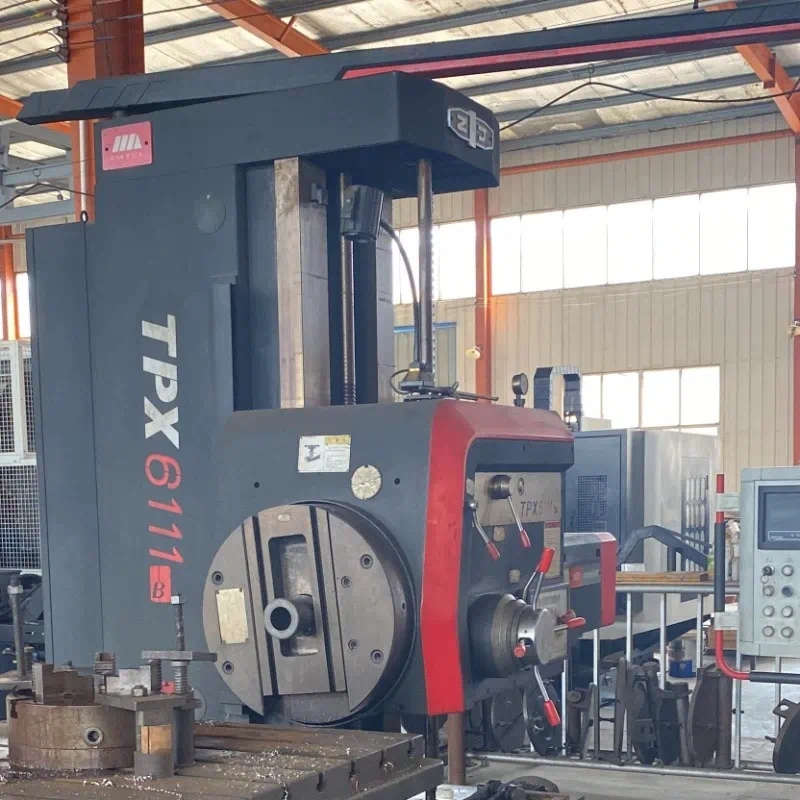
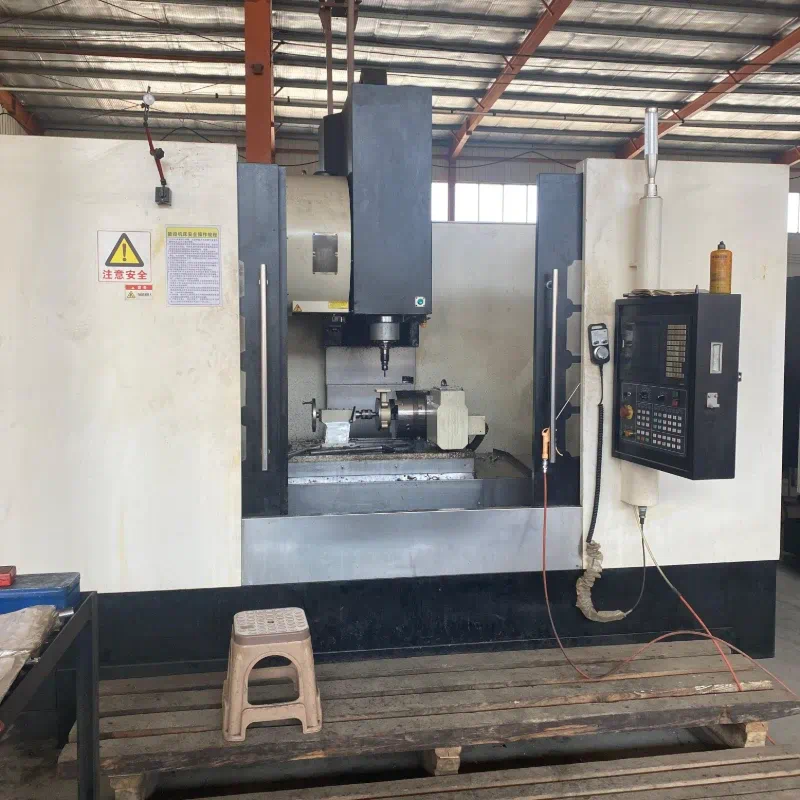
How JRVAL helped a leading automotive OEM solve a critical leakage problem, saving their reputation and preventing millions in warranty costs.
A global automotive OEM was facing a crisis. Their existing sealing technology for gearbox and engine fluid channels was failing, leading to unacceptable leaks. This wasn't just a technical issue—it was a financial and reputational disaster.
The consequences were severe: skyrocketing warranty repair costs, expensive environmental cleanups, and damaging internal rework. Most importantly, customer trust was eroding, putting their brand's reputation at risk.
The OEM's project lead discovered JRVAL's 20+ years of expertise in high-integrity sealing solutions. Our engineers collaborated closely with their team, not just to supply a part, but to deeply understand the failure mechanism and design a permanent fix.
Instead of an off-the-shelf plug, we developed a custom-engineered **JRVAL Triple Eccentric Sealing Valve**. The design's unique geometry creates a zero-friction, cam-like action, culminating in a final, torque-seated, bubble-tight seal that is immune to vibration and pressure fluctuations—the root cause of the previous failures.
"JRVAL didn't just sell us a valve; they solved a multi-million dollar problem. Their engineering team worked with us to deliver a 100% reliable solution. Their valve is now our global standard for all critical fluid channels."
Our commitment to world-class quality is verified by internationally recognized standards. We provide the documentation to prove it, giving you complete confidence in every valve.
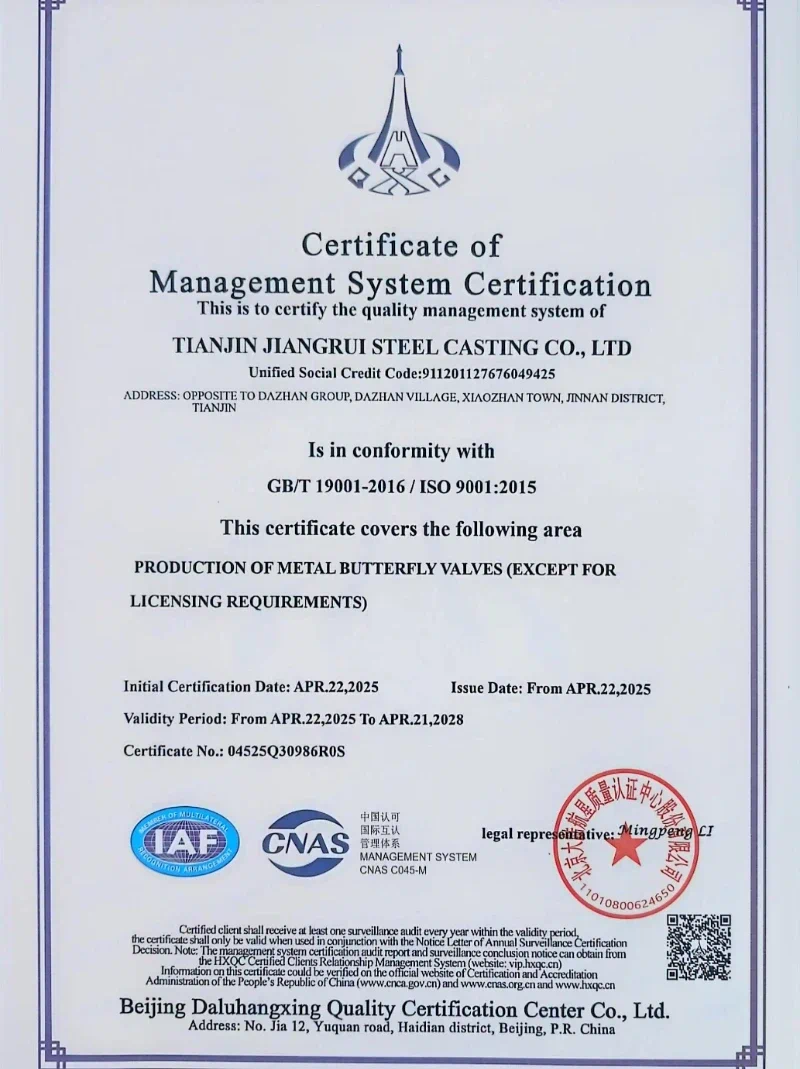
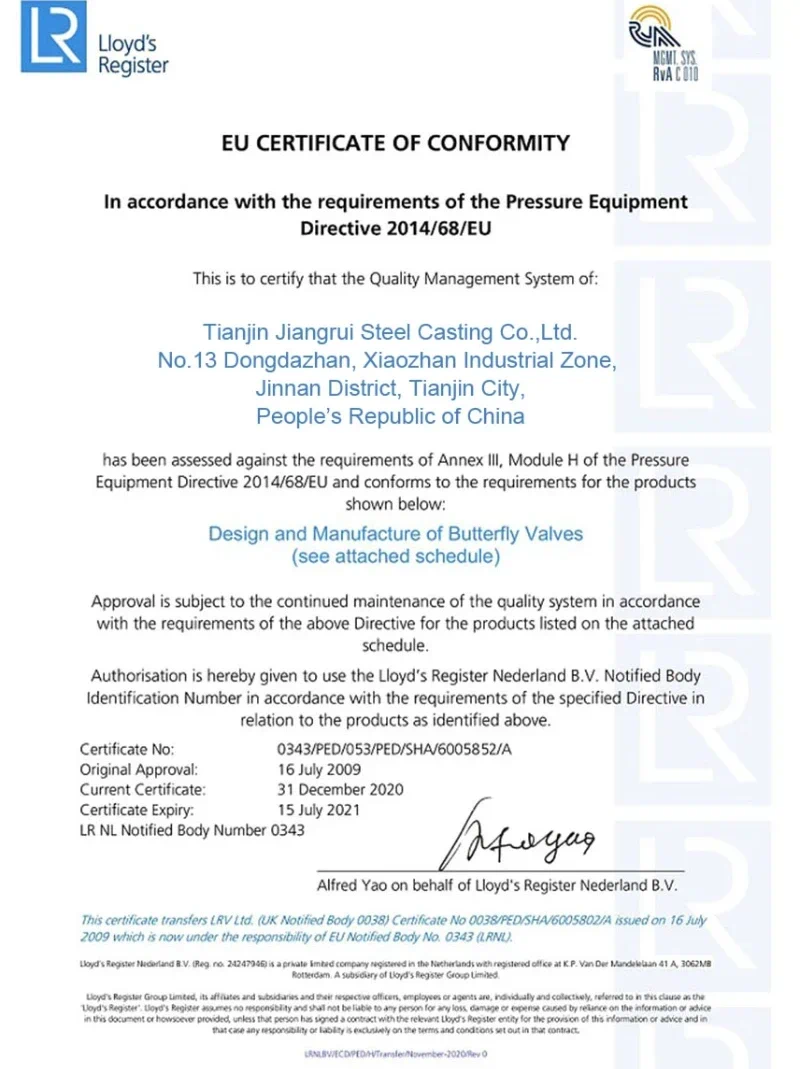
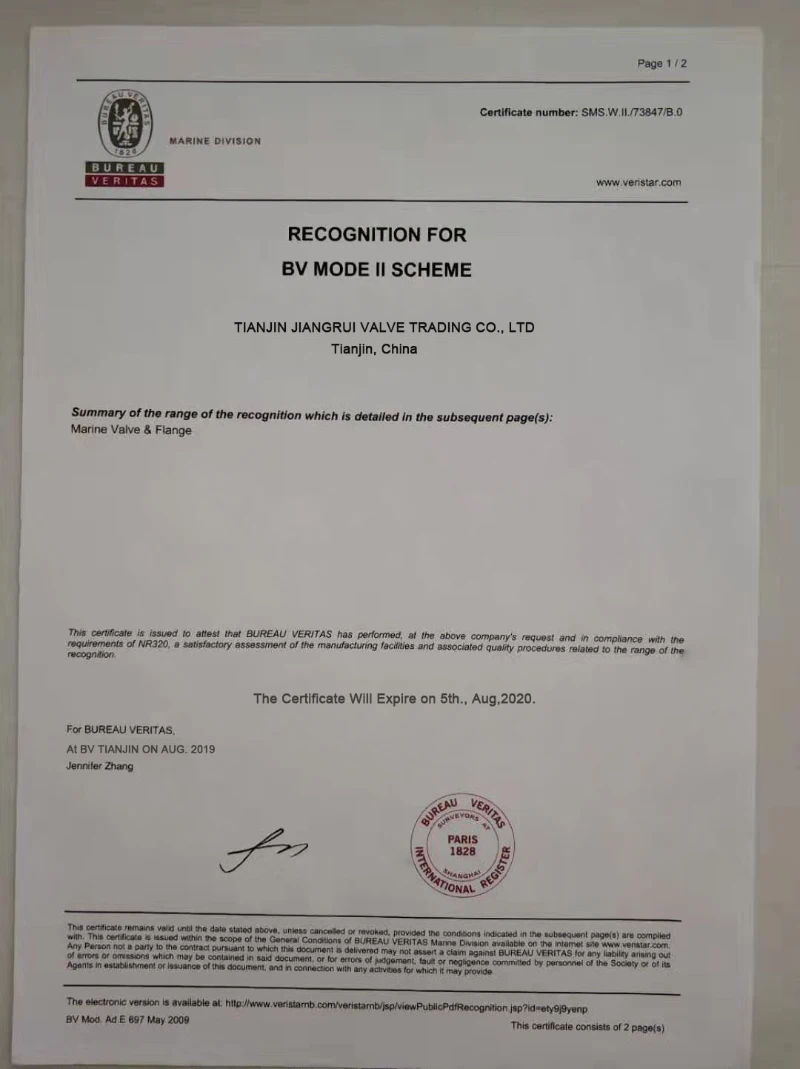
Ready to configure for your project?
Yes. We use specialized ASTM A352 LCC/LCB low-temperature carbon steel. Every batch undergoes Charpy V-notch impact testing at -46°C or lower to guarantee fracture toughness and safe cryogenic performance.
It's a high-performance, multi-layer system (zinc-rich epoxy, micaceous iron oxide, polyurethane topcoat). This ensures superior resistance to weather, chemicals, and abrasion, with a designed service life of over 15 years.
No. Our triple-offset design features built-in thermal compensation. The specialty alloy sealing rings maintain elasticity and stability at cryogenic temperatures, ensuring a reliable metal-to-metal seal is always maintained.
We strictly conform to ASME B16.5, EN 1092-1, and other international standards. All flange faces, flatness, and bolt hole positions are precision-machined and rigorously inspected to guarantee a perfect fit.
We guarantee perfect alignment and a leak-free fit by adhering to the strictest international flange and machining standards (ASME, EN).
From low-temp carbon steel to our multi-layer anti-corrosion coatings, we use only certified, tested materials built to perform in extreme environments.
Every valve ships with a comprehensive quality package, including material test reports, impact test results, and coating certificates for your records.
